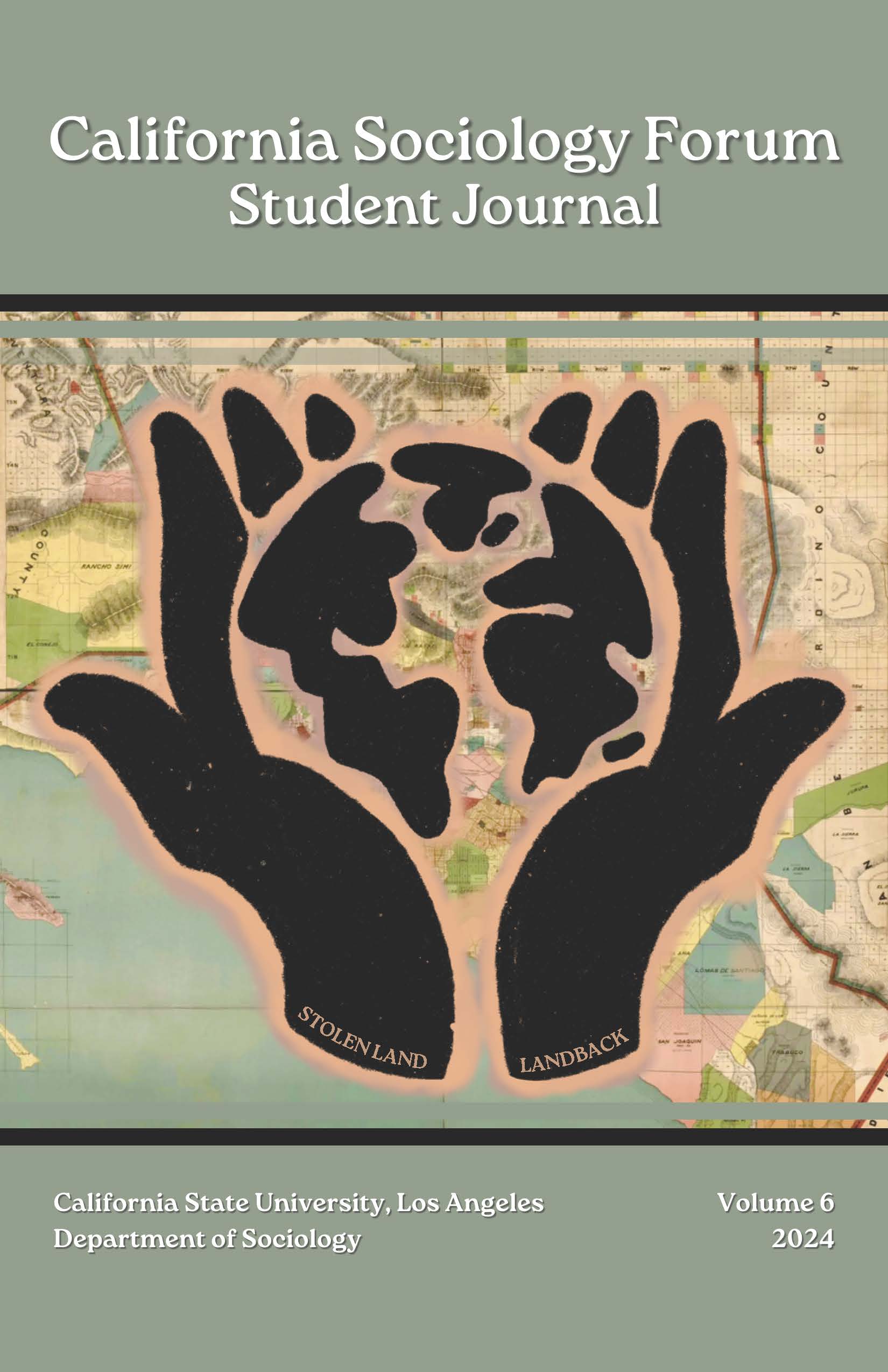Racial Hierarchies Globalized: From Colonialism to Informal Empire
Abstract
Modern society projects a belief that humanity is in a post-racial age (Goldberg 2016). However, many events of the 21st century across the world, such as Black Lives Matter and the genocide in Gaza, contradict this. What causes such a disjunction between the supposed post-racial belief, compared to the reality shown through the lived experience of continued domination? We posit this stems from issues of empires engineering control strategies and tactics since the emergence of modern civilization. The societal construction of stratification between oppressor and oppressed persists by perpetuating worldwide systemic subjugation via power-based hierarchies. Our macro theoretical framework seeks to explain that the process through which the system of racial inequality became globalized is still fueled by the evolution of formal empire into a more informal, and therefore less perceptible, version of dominance. Ideology based on a ‘rule of colonial difference’ (Chatterjee 1993) has created an insistent racial hierarchy stemming from modes of oppression through stratification by categories, with other pivotal variations of hierarchies around the globe continuing through the ages in various forms of class-type systems. The current actions of informal empire to maintain a ‘global apartheid’ (Besteman 2019) has been deeply successful under tactics of ‘liberal white supremacy’ (Beeman 2022), ‘racial liberalism’ (Abrego and Villalpando 2021) and psychological warfare (Osgood 2008). This framework focuses on the U.S. as an imperial force through its legacy as a settler-colonial state and hegemonic world power.

